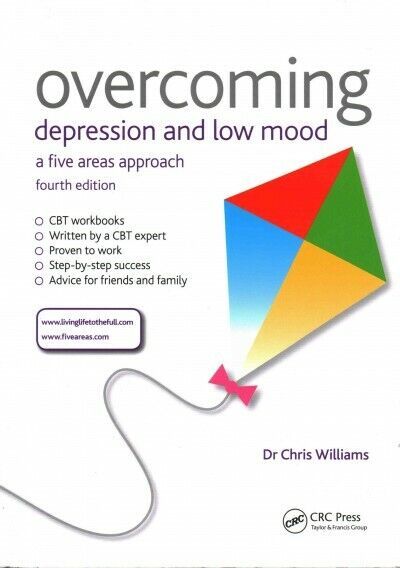In today’s digital age, technology plays a significant role in our daily lives. With the rise of social media, constant connectivity, and information overload, it’s no surprise that many people are experiencing feelings of anxiety and depression. The pressure to appear perfect online, the fear of missing out, and the comparison trap are just a few of the factors contributing to poor mental health. However, technology can also be a powerful tool in overcoming depression when used mindfully and strategically.
Seeking Help Online
One of the first steps in overcoming depression is seeking help. With the rise of teletherapy and online counseling services, individuals now have access to professional support from the comfort of their own homes. Virtual therapy sessions allow for flexibility and convenience, making it easier for people to prioritize their mental health. Additionally, online support groups and forums provide a sense of community and connection, helping individuals feel less alone in their struggles.
Utilizing Mental Health Apps
Technology has also given rise to a plethora of mental health apps designed to support individuals in managing their mental well-being. From mindfulness and meditation apps to mood tracking and self-help tools, there are countless resources available at your fingertips. These apps can help you develop healthier habits, cope with stress, and monitor your progress in overcoming depression. By incorporating these tools into your daily routine, you can take proactive steps towards improving your mental health.
Limiting Screen Time
While technology can be a valuable resource in overcoming depression, it’s important to set boundaries and limit your screen time. Excessive use of social media and constant exposure to negative news can exacerbate feelings of anxiety and depression. Make a conscious effort to disconnect from your devices, engage in activities that bring you joy, and prioritize real-life connections. Spending time outdoors, practicing mindfulness, and engaging in physical exercise can have a positive impact on your mental well-being.
Creating a Digital Detox Plan
To combat the negative effects of technology on mental health, consider implementing a digital detox plan. Establish boundaries around when and how you use your devices, set aside designated screen-free time each day, and create a tech-free zone in your home. Disconnecting from technology allows you to recharge, focus on self-care, and engage in meaningful activities that promote mental wellness. By intentionally unplugging, you can reduce anxiety and depression symptoms and improve your overall quality of life.
Building a Support System
In addition to utilizing technology as a resource in overcoming depression, it’s essential to build a strong support system of friends, family, and mental health professionals. Surround yourself with people who uplift and encourage you, who provide a listening ear, and who offer empathy and understanding. Lean on your support system during difficult times, and don’t hesitate to reach out for help when needed. By nurturing meaningful connections and fostering a sense of community, you can build resilience and overcome depression more effectively.
Conclusion
Overcoming depression is a challenging journey, but with the right combination of professional support, mental health resources, and mindful technology use, it’s possible to achieve mental wellness. Embrace technology as a tool in your recovery, but be mindful of its potential negative effects on your mental health. Create a balanced approach to technology use, seek help when needed, and prioritize self-care and connection. By taking proactive steps towards overcoming depression, you can regain control of your mental well-being and lead a happier, healthier life.
